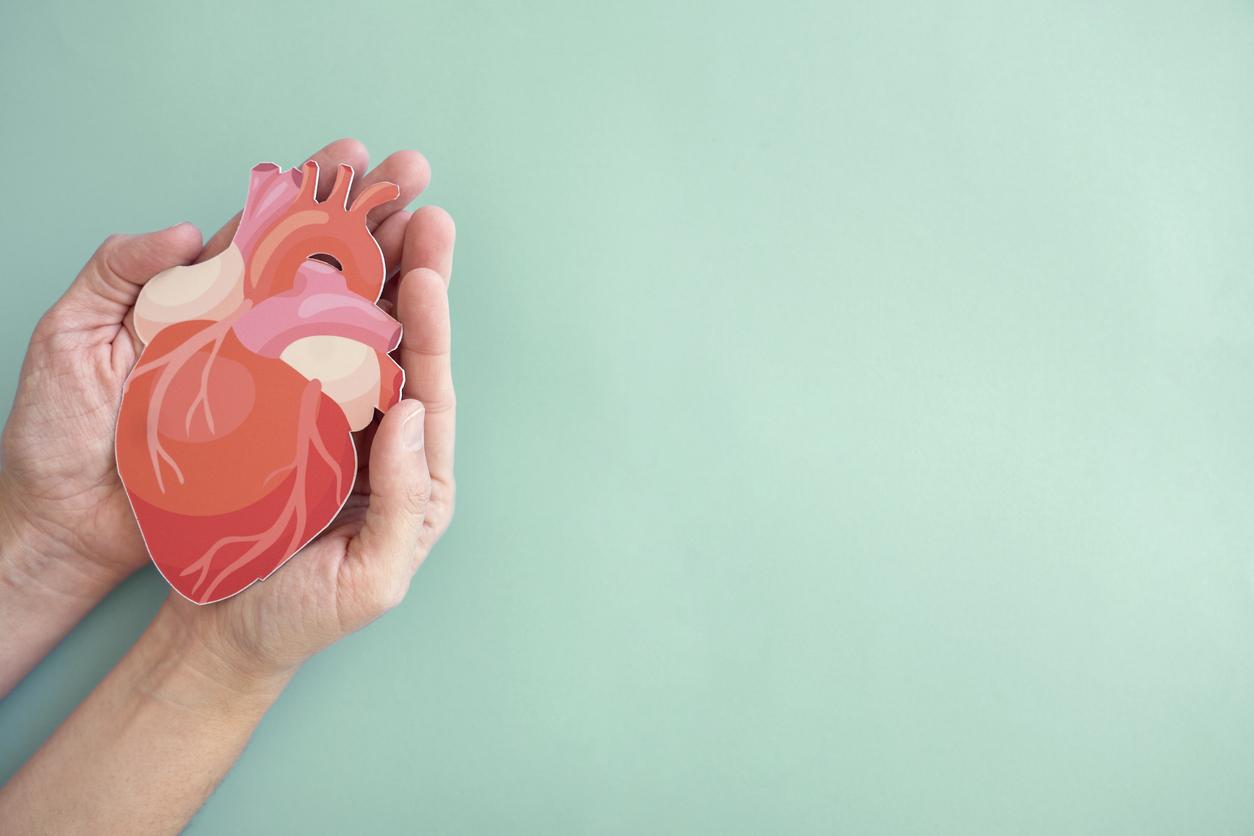
Are you a Type D?
Are you an introvert? Then there is a good chance that you have a Type D personality and that is not good for your heart. Take the test and read what you can do about it!
Cardiovascular diseases are the number 1 cause of death in the Netherlands. We can almost recite the remedy, namely: eat healthy and get enough exercise every day. However, there is one more thing you can do to reduce the risk of cardiovascular disease and that is to take a closer look at your personality. Because if you have a so-called Type D personality, your heart and vessels will have a hard time.
The D in Type D personality stands for distressed, which translates as ‘distressed’. People with this personality have two characteristics that make them vulnerable to cardiovascular disease. The first is negativity: they quickly feel stressed, angry and restless. They pay particular attention – both to themselves and to others – to what is not right. The second characteristic is social awkwardness. This means that Type D persons often feel uncomfortable, tense and inhibited in social contacts. As a result, they (unconsciously) keep others at a distance.
The risks
Having a Type D personality significantly increases the risk of developing cardiovascular disease. In the average population, about 20 percent of people have a Type D personality, among people with cardiovascular disease this is double. And once you’re a heart patient, the future looks a lot bleaker if you have a Type D personality. About 5 percent of heart patients die within five years of hospitalization; among heart patients with a Type D personality, this percentage is around 35 percent. The heart patients with a Type D personality who do live, also feel much more anxious and depressed and have a greater chance of also getting cancer.
The worrying mechanism
So what exactly do people with a Type D personality do that causes their hearts and vessels to suffer so much? The combination of the negativity and social awkwardness ensures that people with a Type D personality experience many negative emotions for which they do not have a good outlet. They are real inside greasers. Because they do not talk to others about their tensions, they remain trapped in their own circle of thoughts and tend to worry.
The more you worry about certain events or incidents, the worse they seem and the more stress you experience. Because of that stress, worrying causes the parasympathetic nervous system – the part of the nervous system responsible for rest and recovery – to stop working properly. As a result, the heart beats faster and always at about the same rate. The result: a greater risk of cardiovascular disease.
In addition, because of their hypersensitivity to stress, Type D people have higher levels of the hormone cortisol in their body throughout the day. That too is bad for the heart and vessels.
Relativity helps
A Type D personality can do two important things. The first is to compare. Because of your stress sensitivity, you tend to talk yourself into the pit. When something bad happens, you assume the worst and think that things will never get better. But you can not only talk yourself in, but also out of the well. Are you feeling stressed about something? Then ask yourself: am I not exaggerating? What’s the worst that could happen?
Of course, you don’t have to explain away every problem. The point is that you no longer turn every mosquito into an elephant and lie awake for nights on a naughtiness.
Talking also helps
Don’t make your heart a murder pit, is a well-known saying and the second piece of advice for Type D people. The problem is precisely that people with a Type D personality are not talkers. Fortunately, you can learn to talk. Not speaking is partly learned. At some point in your life you have learned that you cannot trust people. If you are vulnerable, you are afraid that they will drop, reject or laugh at you.
But that fear is almost always unfounded. Relationships and friendships benefit from talking. Provided the communication is positive, of course.
If you are annoyed by something, it does not help to blame or make demands. Then you will indeed get what you fear: rejection. Rather, name the behavior that bothers you and the feeling it gives you. Keep it to yourself. For example, say, “I’m sorry you forgot my birthday, it makes me sad.” This will not only bring relief, but will also touch the other person and encourage them to take positive action. In any case, it’s a lot healthier than sulking.
Say ‘stop’ to yourself
Putting negative thoughts into perspective and venting your heart can mean that you regularly have to go against your natural inclinations. When you start worrying again, say ‘stop’ to yourself. Seek distraction or put your worrying into perspective.
If you succeed in going against your natural tendency to worry and fat in your body, then this will bring great benefits. Your heart and vessels will stay healthy for longer, you will feel more vital and your relationships with others will benefit. To achieve that, you don’t have to become a different person. A first step is getting to know yourself.
Take the test and find out if you are a Type D!
reading material
- Living with a worry disorder;, by psychologists Fred Sterk and Sjoerd Swaen. ed. Bohn Stafleu van Loghum, €19.90.
- ‘anger the boss: a new method of managing annoyance and frustration’, GH Eifert, M. McKay & JP Forsyth. ed. Theme, €21.95.
- To make smalltalk;, by psychologist Marjolijn van Burik. ed. Theme, €18.95.
Sources):
- Plus Magazine












-1739366311.jpg)




